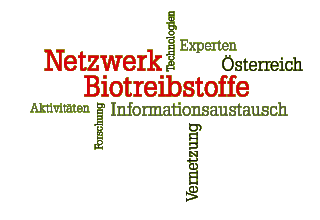The Contribution of Advanced Renewable Transport Fuels to the Decarbonisation of Transport in 2030 an beyond
Workshop, 18th November 2019, Brussels
In the light of climate change, there is an urgent need to decarbonize our societies. The transport sector is specifically challenging, as transport demand is still growing, and so are the sector´s GHG emissions. Electric mobility will not be able to solve this on its own, and advanced renewable transport fuels can help to bridge the gap between GHG emission reduction targets and the prospected emission reductions. Just how large can and must the contribution of advanced renewable transport fuels be?
An answer to this question will be presented in a workshop to be held in Brussels, Belgium, 18th November 2019.
The workshop will present the findings of a project that was set up jointly by two Technology Collaboration Programmes of the International Energy Agency, namely the IEA Bioenergy TCP and the Advanced Motor Fuels TCP. The project focuses on country-specific analysis of Germany, Finland, Sweden, USA, Brazil, and India. The analysis is based on these countries´ key strategies for decarbonisation, and on the availability of conventional and advanced renewable transport fuels. From the current status of the vehicle fleet and fuels in use in each of the assessed countries, probable compositions of the national vehicle fleets in 2030 are calculated, and the gap to be filled between national targets and national projections is identified. In the course of the analysis, the team of experts also reveals country-specific barriers to the implementation of advanced renewable transport fuels, identifies policy gaps and develops recommendations to policy makers how to overcome these gaps and prepare the path for the successful market introduction of both advanced renewable transport fuels and electric vehicles.

